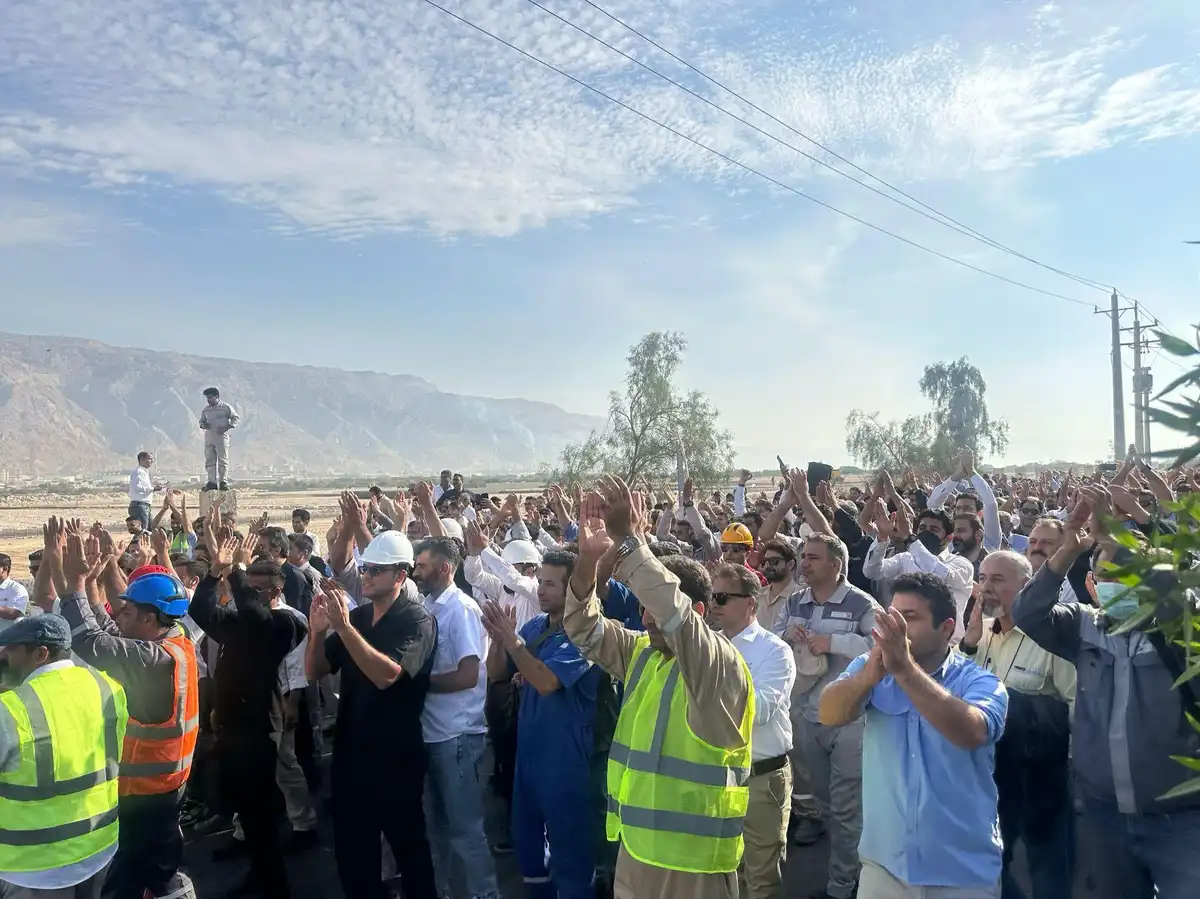It might seem like an advance for the cause of the Palestinians; Foreign Affairs Minister Murray McCully has announced that New Zealand will be supporting a vote in the United Nations recognising Palestinian statehood. But we need to be very clear. This vote, and the ‘statehood’ it offers, offers no advance for Palestinian national liberation. It is a false offer, and one designed to perpetuate injustice, not resolve it.
The United States and their regional watch-dog Israel oppose the vote vociferously, which is to be expected. Anything which acknowledges the ongoing existence of the Palestinian people is distasteful to Israel’s rulers and the U.S. ruling class. There’s an element of theatre here, too, as strident opposition to a largely symbolic move allows Obama to parade his pro-Israel credentials.
Rhetoric aside, this bid is the latest in a long line of capitulations from the PLO leadership dressed up as progress and demands. Mahmoud Abbas, on the sidelines or worse in the last weeks as Israel massacred Palestinians in Gaza, is increasingly desperate in his bids for relevance. The statehood bid is part of a PLO strategy to wrest political initiative back to themselves.
But who in the Palestinian national movement has been involved in these negotiations? Have the possible concessions negotiators might be offering been given public airing and debate within the Palestinian political world? Are Hamas, a democratically elected force, involved in any of this?
McCully’s reasons for New Zealand supporting the bid offer answers to these questions, and they are answers which make clear the anti-Palestinian logic behind New Zealand’s position. Stuff quotes him as saying:
“We have discussed the proposed text of the resolution with Palestinian representatives over recent weeks and they have delivered a resolution that is moderate, constructive, and reflects our commitment to a two-state solution. We will therefore vote for it.
“In our explanation of vote to the UN our Permanent Representative Hon Jim McLay will make clear our absolute commitment to Israel’s right to safety and security, and condemn the actions of Hamas extremists in recent weeks.
“However, we will also assert our support for the moderate leadership of [Palestinian Authority] President Abbas, [Palestinian Authority] Prime Minister Fayyad and others who are working to make a two-state solution a viable goal.”
So Hamas will be condemned, while there’s not a word on murders Israel has committed. The so-called ‘international community’ will assert support for the leadership of Abbas – increasingly despised by many ordinary Palestinians for his abandonment of the struggle for national liberation in favour of doing Israel’s dirty work in the Authority – and use a vote on statehood as a pretext to meddle in Palestinian political affairs and manoeuvre to get the result that suits Western interests. The word ‘moderate’ in this context means those who agree with us. Hamas’ ‘extremism’ has been its temerity in resisting war against its people.
It is for the Palestinian people and their organisations to decide the goals and strategy of their national liberation movement, not Western governments – New Zealand’s support for this resolution aims to divide the Palestinians and to deny them this right. It is no step forward.
Leave aside for a moment the question of the viability of the goal of a ‘two state solution.’ McCully’s calls for ‘direct negotiations between Israel and the Palestinian Authority’ make clear the other betrayal that is being demanded. The ‘Palestine’ which would be recognised here would represent another loss of land and claims on the part of the Palestinians. As Joseph Massad from Columbia University explained last year:
The PLO [Palestine Liberation Organization], which represents all Palestinians (about 12 million people in historic Palestine and in the diaspora), and was recognized as their “sole” representative at the UN in 1974, will be truncated to the PA, which represents only West Bank Palestinians (about 2 million people)…
[This] will politically weaken Palestinian refugees’ right to return to their homes and be compensated, as stipulated in UN resolutions. The PA does not represent the refugees, even though it claims to represent their “hopes” of establishing a Palestinian state at their expense. Indeed, some international legal experts fear it could even abrogate the Palestinians’ right of return altogether.
It will also forfeit the rights of Palestinian citizens of Israel who face institutional and legal racism in the Israeli state, as it presents them with a fait accompli of the existence of a Palestinian state (its phantasmatic nature notwithstanding). This will only give credence to Israeli claims that the Jews have a state and the Palestinians now have one, too, and if Palestinian citizens of Israel were unhappy, or even if they were happy, with their third-class status in Israel, they should move or can be forced to move to the Palestinian state.
Against this bankrupt strategy of deals and betrayals, the democratic uprisings of the Arab revolutions point to another strategy for the Palestinian movement. Earlier in November revolutionaries from Egypt crossed the border to be in Gaza as it was bombed, standing in physical solidarity with their Palestinian brothers and sisters. The Egyptian revolution toppled one of the US and Israel’s firmest backers in the region, and brought mass, popular involvement back into politics again. These movements – from below, involving the mass of ordinary people – point to a way beyond both endless concessions and the military actions of a minority. No wonder they have Israel and the US running scared.
The movements of the ‘Arab Spring’ suggest a way forward. This latest statehood bid points to a way back.
There is nothing to support in New Zealand voting for this resolution.









